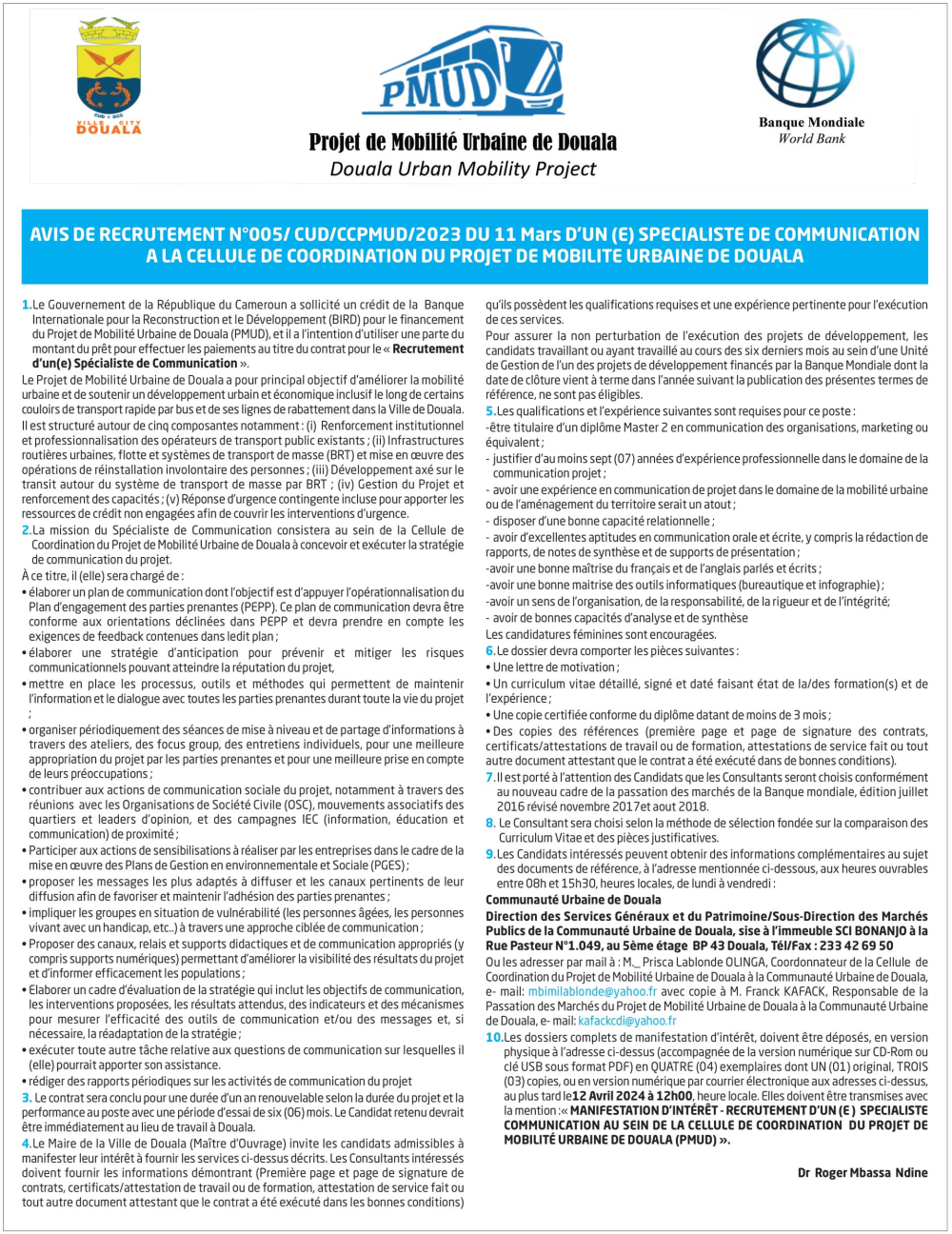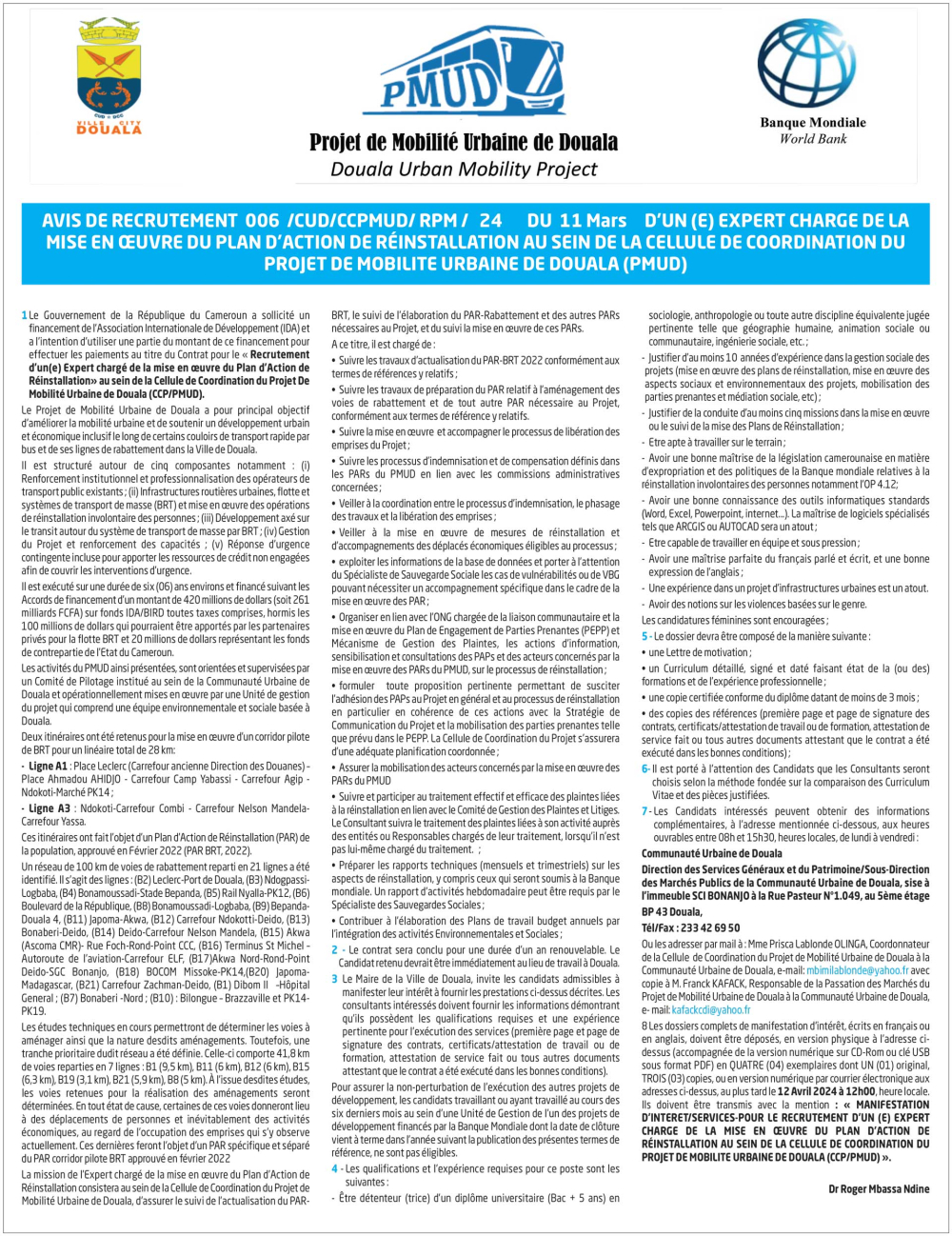Peoples’ Needs Keep Growing
- Par Godlove BAINKONG
- 03 mai 2021 10:24
- 0 Likes
As the pioneer Regional Councillors voted on December 6, 2020 and officially invested on January 22, 2021 clocked 100 days in office this Saturday May 1, public attention on how well they can and will deliver remains high. To say the least, so much is expected from the institution that the first choice men and women cannot afford to joke.
As one would imagine, peoples’ needs are growing by the day and unlike before, when everyone looked up to Yaounde even to light up a dark corner, Regional Councillors are now the eyes, ears and mouthpiece of the people. They are not just expected to see and talk but more importantly to bridge the hitherto gap between the government and the governed.
By setting up Regional Councils, the Head of State fulfilled a Constitutional provision and completed the long-drawn decentralisation process. The paperwork is therefore complete and the Regional Councillors now have the challenging task to meet the growing needs of the people who have over the years clamoured to be included in the management of their affairs.
Inasmuch as the path covered in the first 100 days may differ from North to South and East to West, the problems of Cameroons; like any other developing country, are same irrespective of race and culture. Anywhere one goes in the country, grievances are almost the same. Good and all-seasonal roads, potable water, stable and affordable electricity, accessible healthcare facilities, quality education, decent employment et al are among a medley of teething challenges that have been faced by almost all Cameroonian societies from time immemorial. Complaints that the central administration has been slow in handling all these worries and more so in an equitable manner found responses in the legal instrument that is today looked upon as the golden text on Cameroon’s decentralisation. In effect, the December 24, 2019 Law To Institute the General Code of Regional and Local Authorities clearly spells out, among others, the privileges and duties of the Regional Councils vis-à-vis local development.
The population is well aware of the provisions of the existing legal tool one of which is the Regional Councils’ ability to create and manage public amenities of regional interest in the areas of secondary education, health, public hygiene and sanitation, road and communications infrastructure classified under the regional domain, public transport and road traffic plans, water and energy, fairs and markets, youth, sports, arts and culture, and...
Cet article complet est réservé aux abonnés
Déjà abonné ? Identifiez-vous >
Accédez en illimité à Cameroon Tribune Digital à partir de 26250 FCFA
Je M'abonne1 minute suffit pour vous abonner à Cameroon Tribune Digital !
- Votre numéro spécial cameroon-tribune en version numérique
- Des encarts
- Des appels d'offres exclusives
- D'avant-première (accès 24h avant la publication)
- Des éditions consultables sur tous supports (smartphone, tablettes, PC)













Commentaires